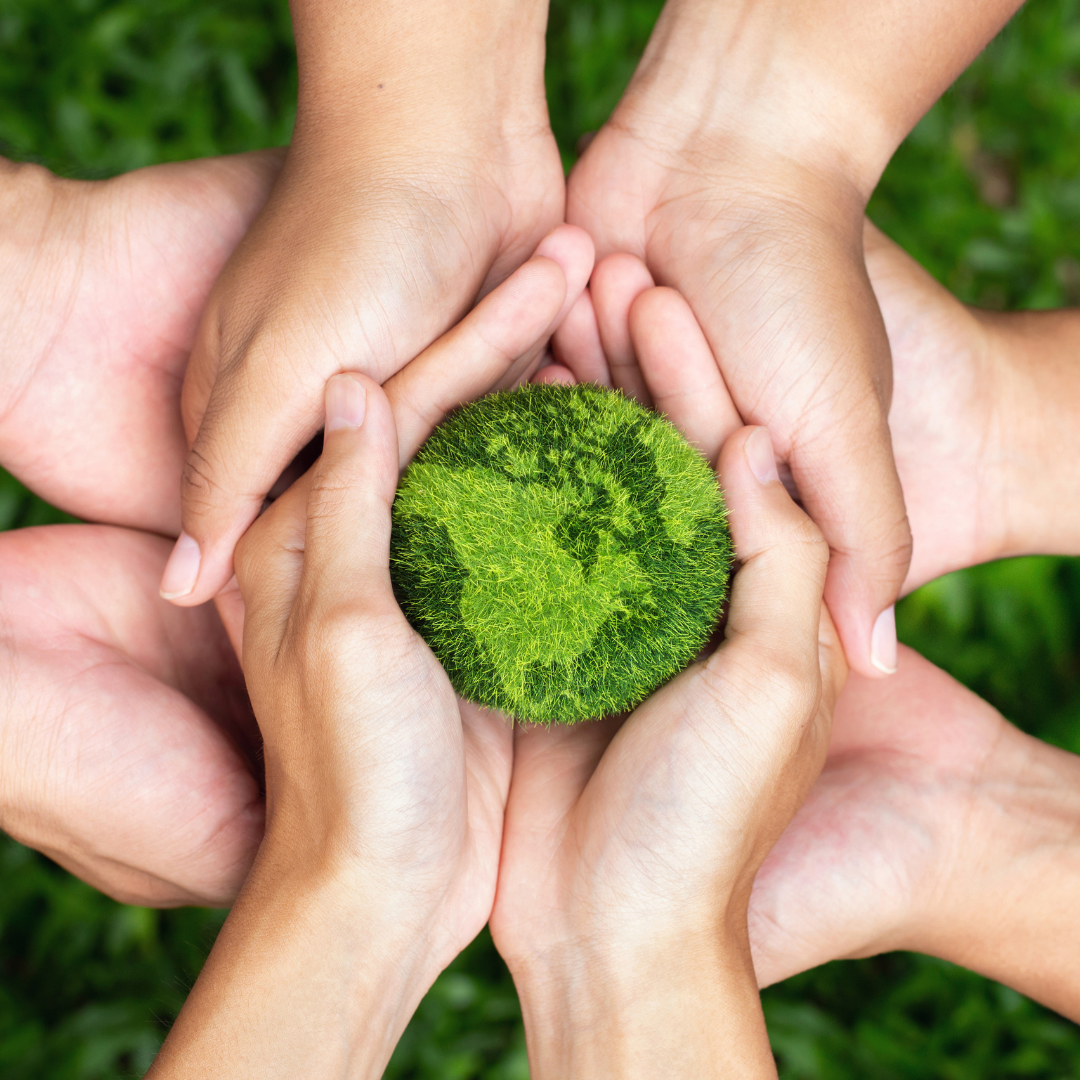We often hear arguments as to why people feel they shouldn't support us. Here are the 5 most common ones - and what we think.
Please tell us if you agree.
#1
“Charity begins at home”
We have problems in our own country and we should resolve those first. Only then, when all our problems are solved, should we start worrying about others.
To that, we believe we all have a “Global Responsibility”. One doesn’t negate the other. In fact, we strongly believe in doing both. Looking after people and causes in our own country never finishes and should continue. But that doesn’t mean we cannot also care about other people and other causes.
#2
“Aid doesn’t work anyway”
We keep giving money to people in Africa and we can’t see any changes or any improvements. It doesn’t make any difference.
To some extend we agree. Handing out money is not sustainable and doesn’t foster change. We believe in evidence-based solutions proven to improve living standards for generations to come. The old saying ‘Give a man a fish and you help him for a day. Teach a man how to fish and you help him for a lifetime’ is very relevant here.
#3
“Corruption”
We don’t know where the money goes anyway. Only a fraction of donations are going to help the people in need.
We have seen our fair share of corruption and therefore we know the pitfalls. By having an office in both Australia and Tanzania - which also means we are registered in both countries - means we are very transparent with our spending and costs. Look for organisations that have minimal layers and are hands-on.
#4
“Aid creates dependency”
If we keep supporting people they will never learn to be independent. We will end up having to support them financially forever.
We believe in empowerment. Showing and teaching people they are able to learn a skill, set up a business, or improve their academic capabilities - no matter their situation. We believe in community-led solutions and working together as a team finding ways people can lift themselves out of poverty - with a little nudge.
#5
“Donor Fatigue”
We can’t bear to hear another word about how miserable other people are. We already give left, right and center.
Choose your causes and stick with them. Change doesn’t happen over night. Being able to have empathy with people across the globe can open your eyes to new experiences. And sometimes, sharing a post with 5 friends is just as valuable as a donation. Anyone can afford that, right?
Are you going to share this post?
Thank you,
Nina





